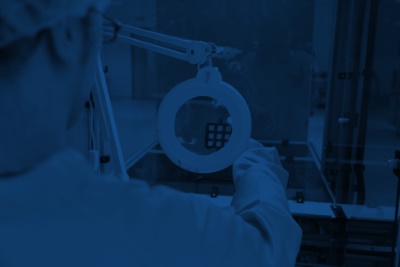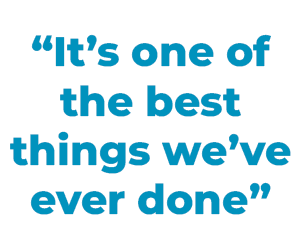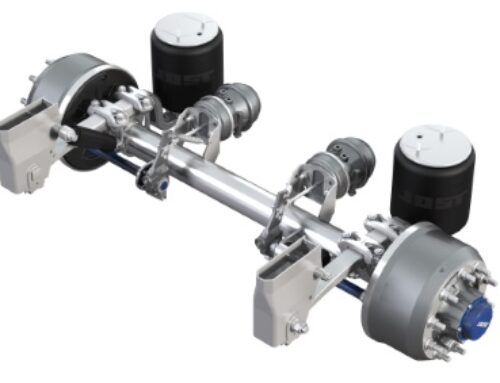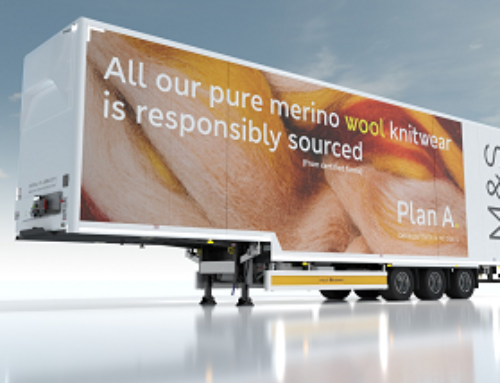RTS: stay safe to drive this festive season
 Randox Testing Services (RTS) is highlighting the increase in the use of drugs and alcohol among the UK public over the festive period, and warning employees not to feel pressured into going over the limit when celebrating with friends and family.
Randox Testing Services (RTS) is highlighting the increase in the use of drugs and alcohol among the UK public over the festive period, and warning employees not to feel pressured into going over the limit when celebrating with friends and family.
This overconsumption across the UK leads to an increase in road traffic accidents and a higher risk of road fatalities, points out the company – something everyone wants to avoid around the festive season.
Pointing to a 2019 report conducted by Brake which found that 72 per cent of UK drivers support random drink and drug testing, RTS advises fleet operators not to wait until the New Year to implement a workplace testing policy.
It cites research from DrinkAware, suggesting that UK drivers overconsume alcohol by around 61 per cent over the festive period. The same research also found that people who are likely to drink also feel pressured into overconsumption due to more time spent with work colleagues, for example through work parties.
This research supports the RTS findings that people are more likely to over-indulge and in doing so, pose a greater risk to themselves, their work colleagues, and the general public.
With this in mind, RTS is calling on all those involved within the transport sector to take greater care whilst enjoying themselves and be more aware of the drink-driving limits, the potential safety risks to themselves and everyone else they encounter.
The company highlights the fact that in 2020, despite lockdown measures, there were more than 28,000 convictions for drink-driving – with numbers estimated to have risen significantly following the lifting of restrictions.
 Even a small amount of alcohol can affect reaction times and co-ordination and impair judgement, leading to higher risks of road accidents. Drunk drivers accounted for 15 per cent of road fatalities in 2020.
Even a small amount of alcohol can affect reaction times and co-ordination and impair judgement, leading to higher risks of road accidents. Drunk drivers accounted for 15 per cent of road fatalities in 2020.
In addition to alcohol, RTS emphasises the importance of understanding drugs, how they can affect the human body, and the serious implications the consumption of drugs can have should be made known amongst employees.
Dr Mark Piper, toxicology services manager at RTS, highlights the dangers that consuming drugs can have.
“Cannabis can affect attention span and reaction times, as well as eye tracking abilities, making drivers under the influence almost twice as likely to cause a road accident,” he said.
“The use of amphetamines can interfere with concentration, impair vision, and increases the driver’s tendencies to take risks – with swerving, speeding and failure to maintain safe distances from other vehicles or stop at traffic lights being among the tell-tale signs.”
He continued: “Cocaine can make the user feel more alert; however, accident levels prove they aren’t. Speeding and aggressive driving are both typical of drivers who are under the influence of cocaine.
“After the use of the drug, the comedown effects of cocaine use can be equally as dangerous and is often associated with exhaustion, fatigue, disorientation and depression.”
During the festive season and beyond, RTS offers support for workplaces regardless of staffing sizes and budgets. The company’s bespoke drug and alcohol screening programmes are applicable to companies in safety-critical industries, such as transport operators of HGVs, PSVs and LCVs.
RTS can test for a wide range of drugs of abuse, with both instant testing kits and a back to lab service, and says it can help to create and implement an effective drug and alcohol testing policy that enables employers to test their drivers for a wide range of substances.
By offering both random and with-cause testing, says RTS, employers can ensure driver safety by being proactive and catching issues before problems arise.










